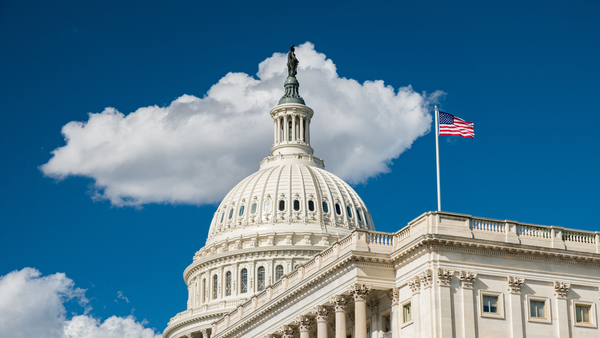
Some 22 trade groups—including CUNA and NAFCU—are asking congressional appropriators to convert the CFPB into a five-member bipartisan commission whose nominees are confirmed by the Senate.
“A Senate confirmed, bipartisan commission will provide a balanced and deliberative approach to supervision, regulation, and enforcement for consumers and the financial institutions the CFPB oversees by encouraging input from all stakeholders,” the groups said in a Thursday letter to the chairmen and ranking members of House and Senate Appropriations Committee and subcommittees.
The House has attempted to convert the CFPB into a commission in its versions of several annual appropriations bills, but the Senate has rejected that plan.
The House has passed the Financial CHOICE Act, whose author, Financial Services Chairman Jeb Hensarling (R-Texas), has said he favors retaining the single-director structure of the commission. However, Hensarling’s plan would greatly diminish the CFPB’s powers.
If appropriators agreed to include the language in their annual spending measures and if Congress passes the bills, the provision could take effect even before Congress enacts legislation to overhaul the regulatory regime established in the Dodd-Frank Act.
However, Senate Democrats traditionally have opposed the commission structure and any plan that would make the CFPB subject to the annual appropriations process.
And during the past several years, Congress has failed to pass individual appropriations bills and ultimately has had to combine all of the spending measures into one large Continuing Resolution or omnibus bill.
Traditionally, that legislation has been devoid of most controversial policy riders, such as one that would convert the CFPB into a commission.
In their letter, the 22 trade groups said that the single-director structure leads to “regulatory uncertainty and instability for consumers, industry, and the economy, leaving vital consumer financial protection subject to dramatic political shifts with each changing presidential administration.”
They said that a commission is the traditional structure for financial regulatory bodies.
And the groups cited a recent Morning Consult poll that found 14% of the voters in eight battleground states favored retaining the single-director structure, while 58% said they favored a commission. The May poll was commissioned by three financial services groups and tested voters in Indiana, Maine, Michigan, Missouri, Montana, North Dakota, Ohio and West Virginia.


